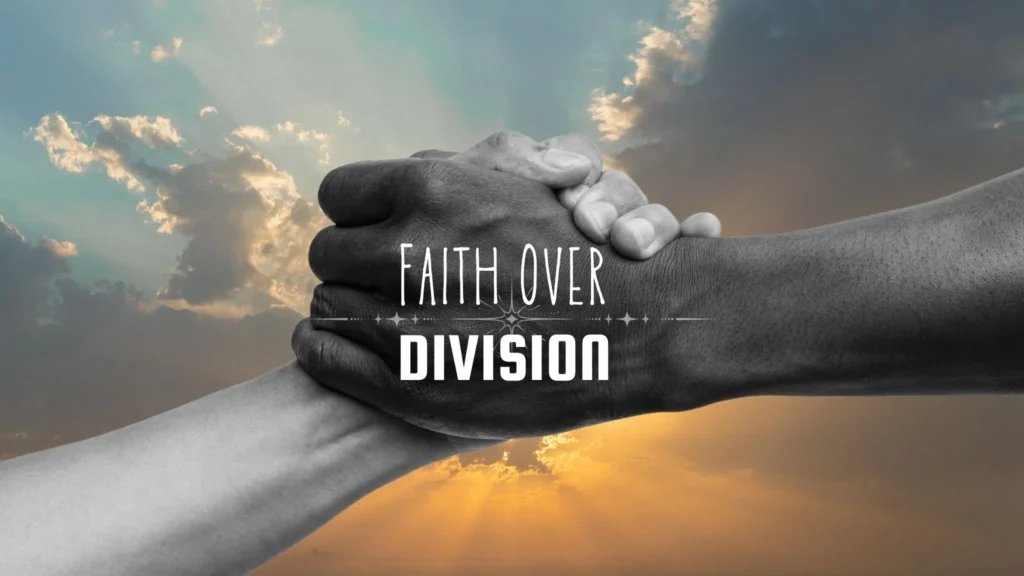In a world increasingly fractured by political ideologies, cultural conflict and racial tension, many are searching for more than slogans — they’re looking for healing rooted in grace and shared humanity. This curated collection of books speaks directly to that hunger. Each work is grounded in a spiritually-based approach to reconciliation, offering hope and clarity in a time marked by division.
The books on this list challenge readers not just to see color, culture and history, but to transcend bitterness and choose compassion. From Christian to Buddhist to interspiritual practitioners, each author calls believers to build bridges, not walls. Together, these works redefine what it means to walk in unity — without erasing differences and without compromising on truth.
Whether you’re a spiritual leader, a seeker exploring faith or someone craving honest, hopeful dialogue, these eight books offer timely guidance for living out a deeper, more reconciled love in an often-polarized world.
Be the Bridge: Pursuing God’s Heart for Racial Reconciliation by Latasha Morrison
Founder of the influential nonprofit Be the Bridge, Latasha Morrison has mobilized thousands across the country to engage in racial justice through conversation, humility and repair. Blending memoir, practical guidance and historical insight, her book outlines a process for transformative dialogue and community repair. It challenges readers to confront discomfort, cultivate empathy and build a more equitable world grounded in moral responsibility and relational healing. The book’s tone is accessible for readers of all backgrounds who are seeking thoughtful, non-polarizing ways to engage across racial lines.
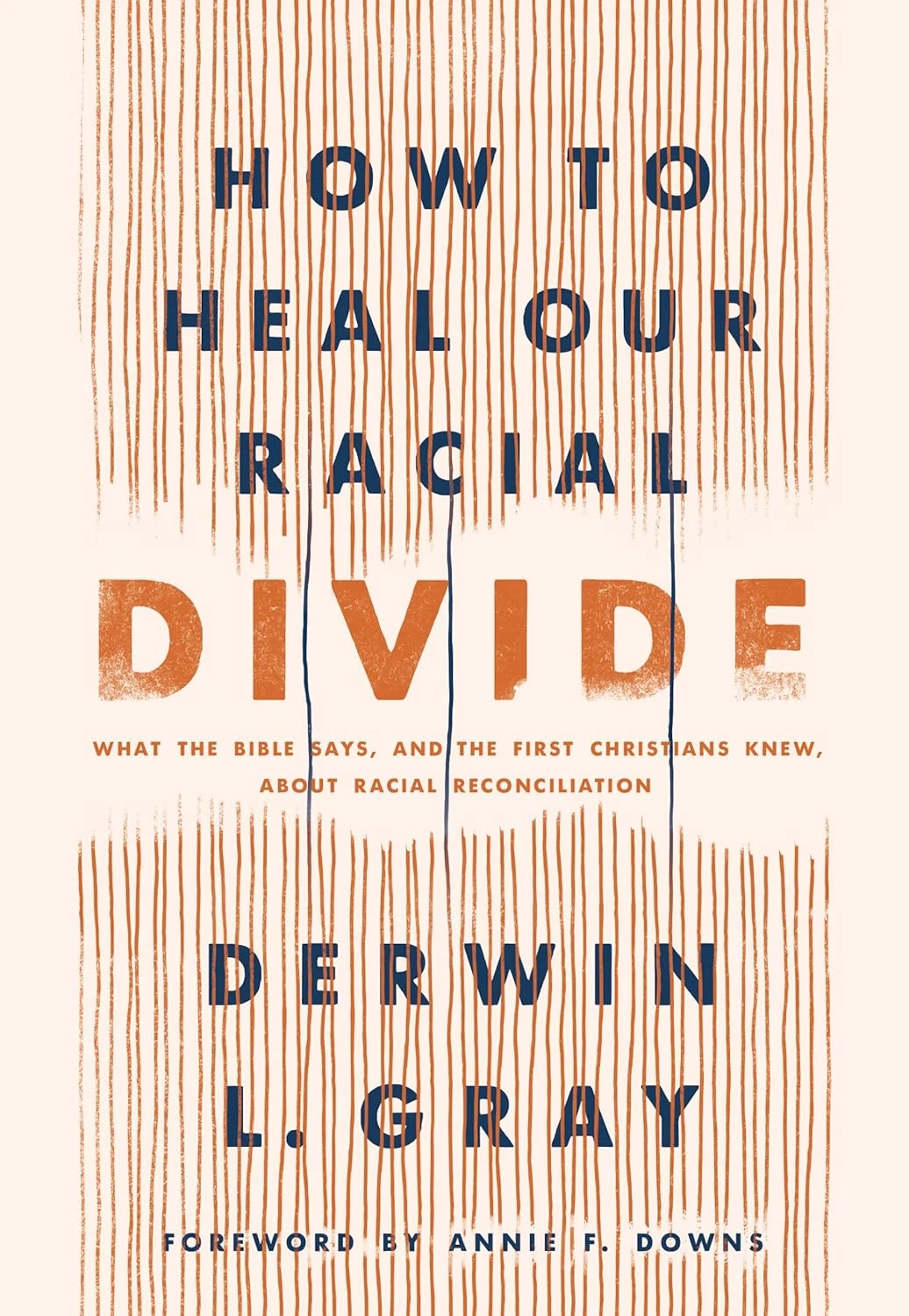
How to Heal Our Racial Divide by Derwin Gray
This practical, compassionate guide explores how spiritual values can help bridge racial divides in modern society. Drawing on the teachings of early communities of faith, Derwin Gray, a former NFL player turned pastor, offers actionable steps for building understanding and empathy across lines of difference. He shares personal stories, historical insights and a vision of human dignity that’s bigger than politics. Instead of shame or blame, this book encourages readers to lead with courage, humility and hope — especially in environments marked by tension and mistrust.
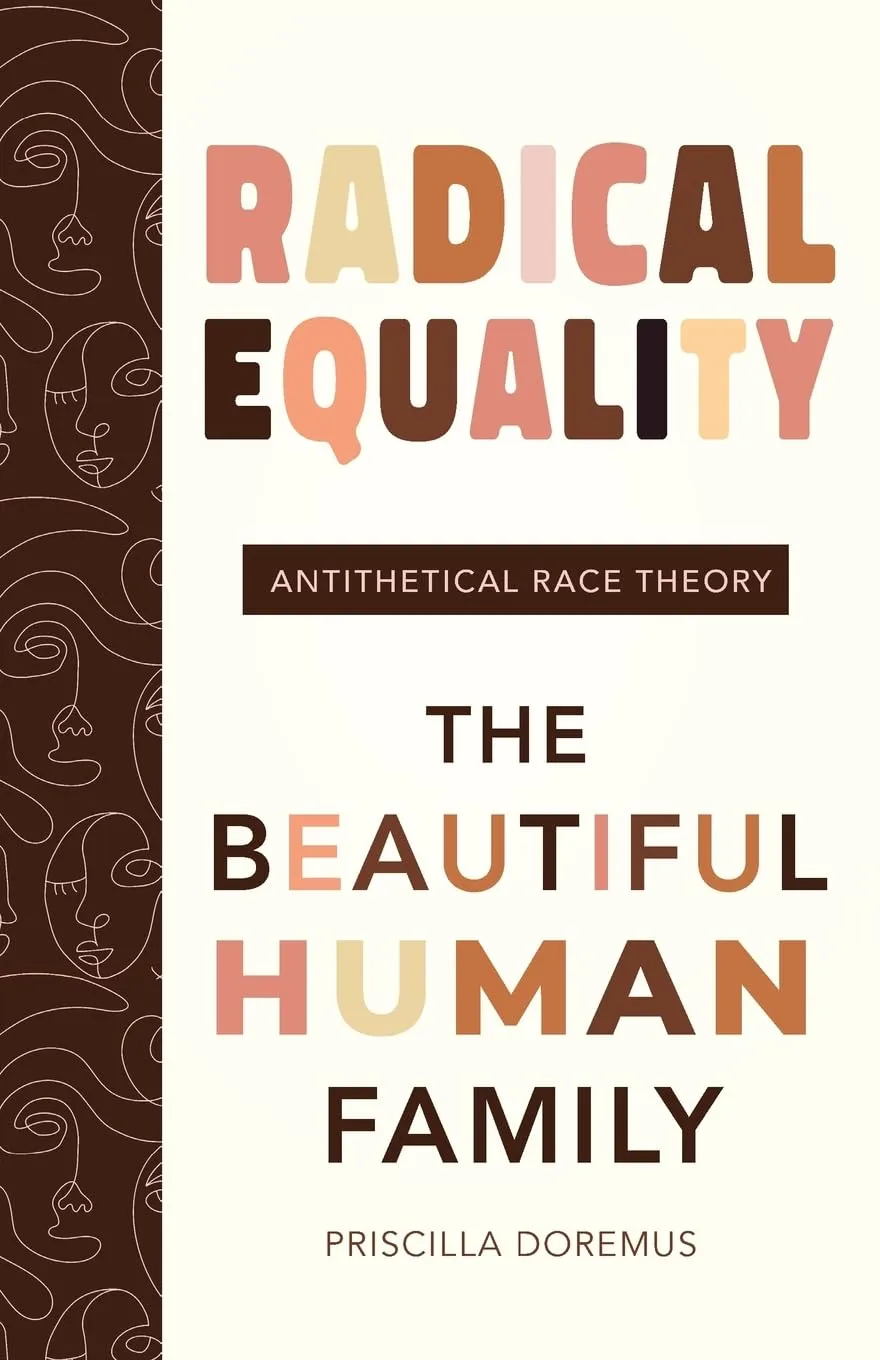
Radical Equality: The Beautiful Human Family by Priscilla Doremus
Challenging modern ideologies that focus heavily on race, this book proposes a different starting point: our shared identity as human beings. Doremus argues that categorizing people by race can create more distance than unity and urges readers to embrace a broader vision of equality — one rooted in love, respect and spiritual belonging. This thought-provoking work offers an alternative to conventional conversations about race, aiming to shift the focus toward values that unite rather than divide, helping society move beyond labels and return to the inherent beauty of the human family. (Check out the BookTrib review and author interview.)
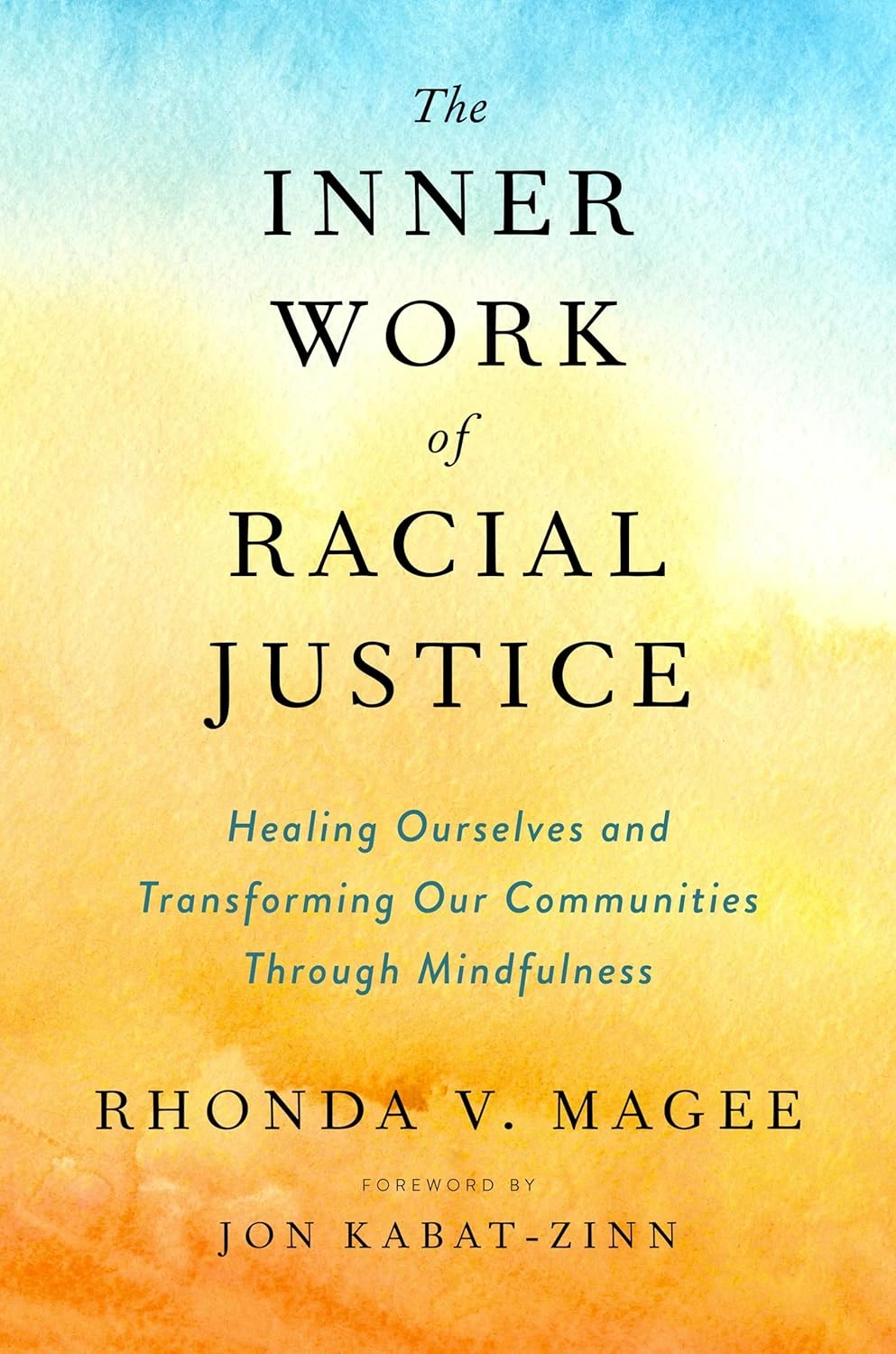
The Inner Work of Racial Justice by Rhonda V. Magee
Law professor and mindfulness teacher Rhonda V. Magee weaves together research, personal narrative and contemplative practice to show how inner transformation is key to meaningful social change. Grounded in both legal insight and spiritual reflection, she explores how mindfulness can help individuals process trauma, confront bias and stay grounded in difficult conversations. This is not a passive path, but an active one, inviting readers to do the deep internal work necessary for genuine racial justice. Accessible across belief systems, The Inner Work of Racial Justice offers tools for healing that resonate well beyond the meditation cushion.
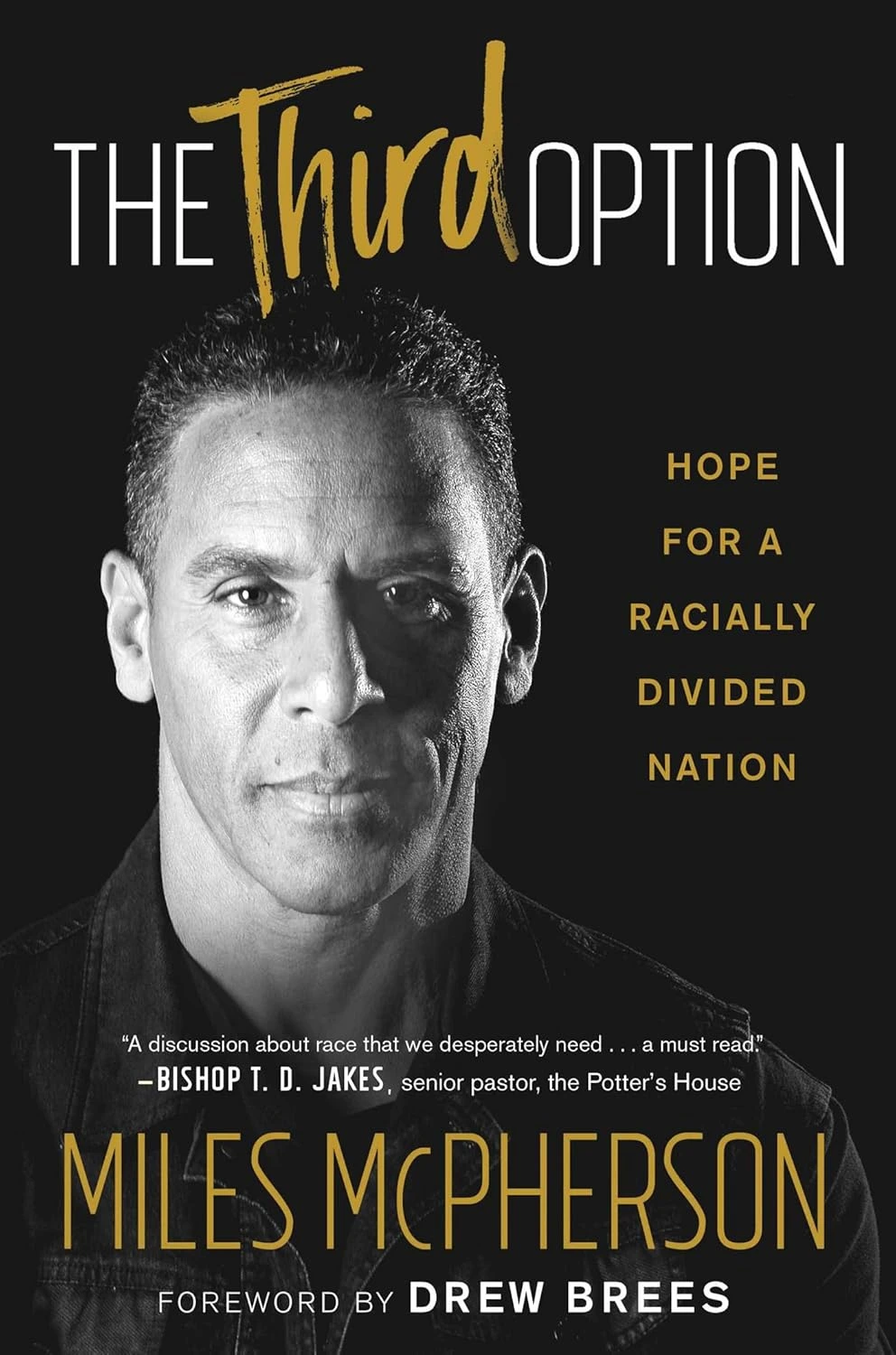
The Third Option: Hope for a Racially Divided Nation by Miles McPherson
Rejecting the idea that we must pick a side, Miles McPherson offers a “third option”: choosing to see the value in every person through a shared moral and spiritual lens. He invites readers to look past stereotypes and assumptions by recognizing each person’s unique identity and potential. With stories from his own life as a biracial NFL player and founder of one of America’s most diverse megachurches, he shows how communities can move beyond division by focusing on shared humanity and mutual respect. It’s a hopeful and energizing read for anyone looking to change the tone of conversations around race.
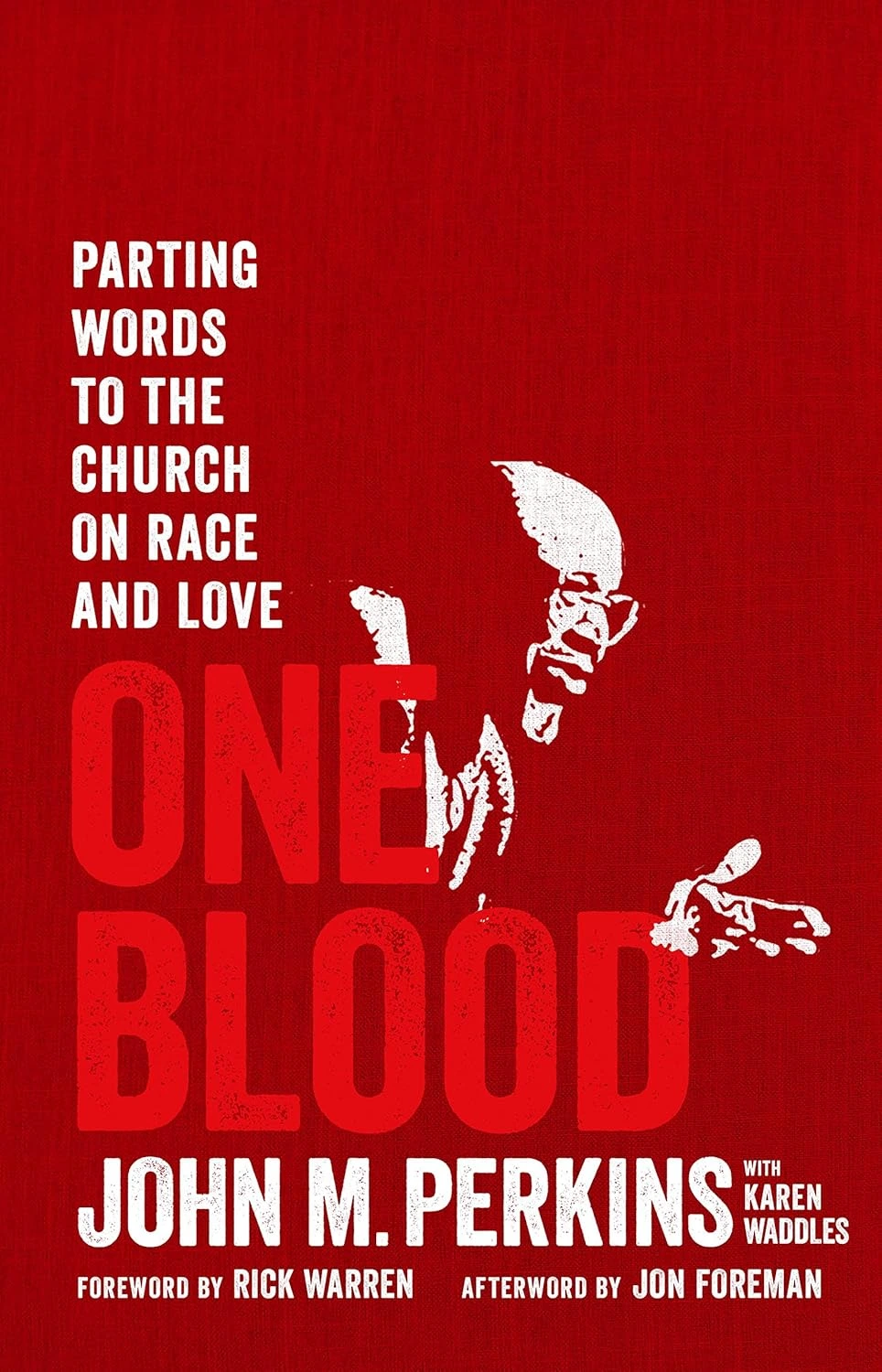
One Blood: Parting Words to the Church on Race by John M. Perkins
Civil rights leader and co-founder of the Christian Community Development Association, Dr. John M. Perkins offers this book as his final message on race and unity. After more than 60 years of frontline justice work, he calls for a deep and enduring form of reconciliation built on love, confession and long-term commitment. Blending biography, biblical reflection and urgent moral clarity, One Blood is both a personal legacy and a stirring invitation to keep the work going across generations.
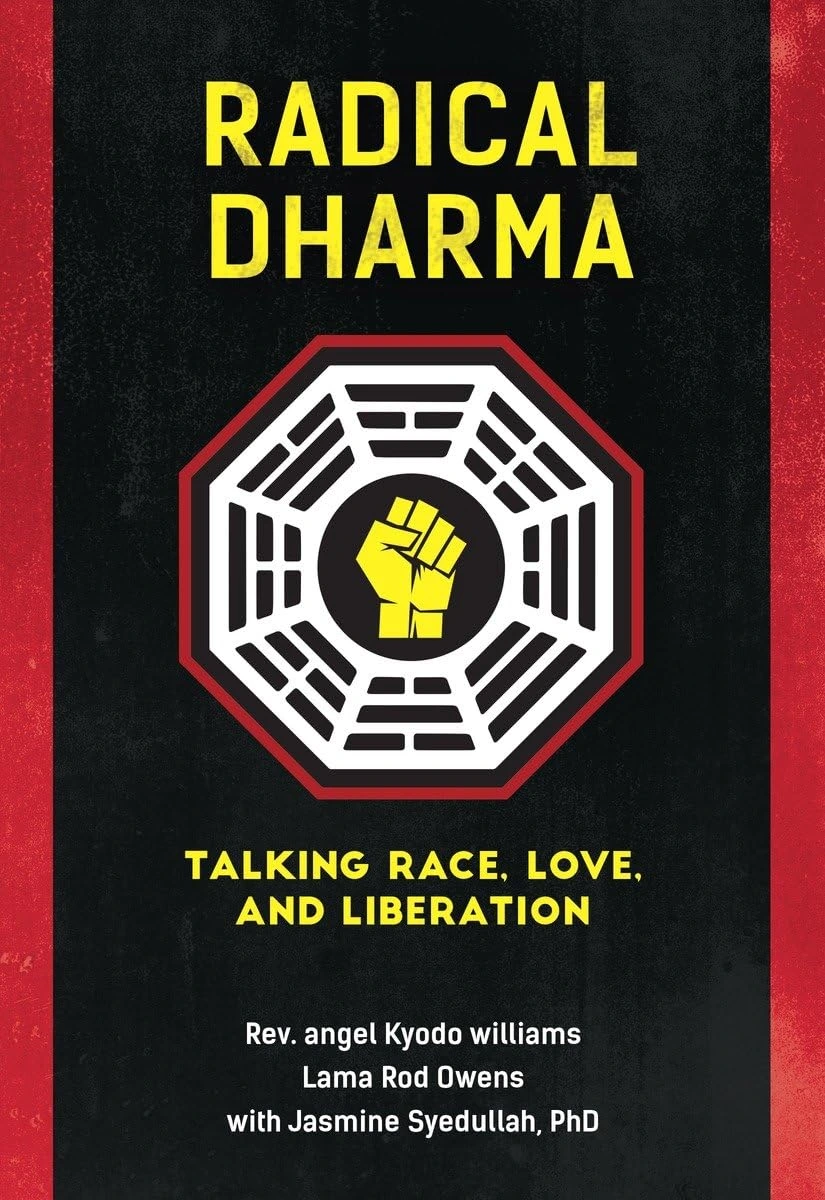
Radical Dharma: Talking Race, Love, and Liberation by Rev. Angel Kyodo Williams, Lama Rod Owens and Jasmine Syedullah Ph.D.
This bold, collaborative work challenges readers to see how silence, especially in spiritual communities, can reinforce racial injustice. Combining Buddhist practice with lived experience, the authors offer a powerful call to confront both internal and systemic oppression. Rather than viewing race and spirituality as separate realms, Radical Dharma insists they are deeply intertwined. With vulnerability and clarity, the book invites readers to use contemplative practices not as an escape, but as a foundation for radical love, accountability and liberation across all lines of difference.
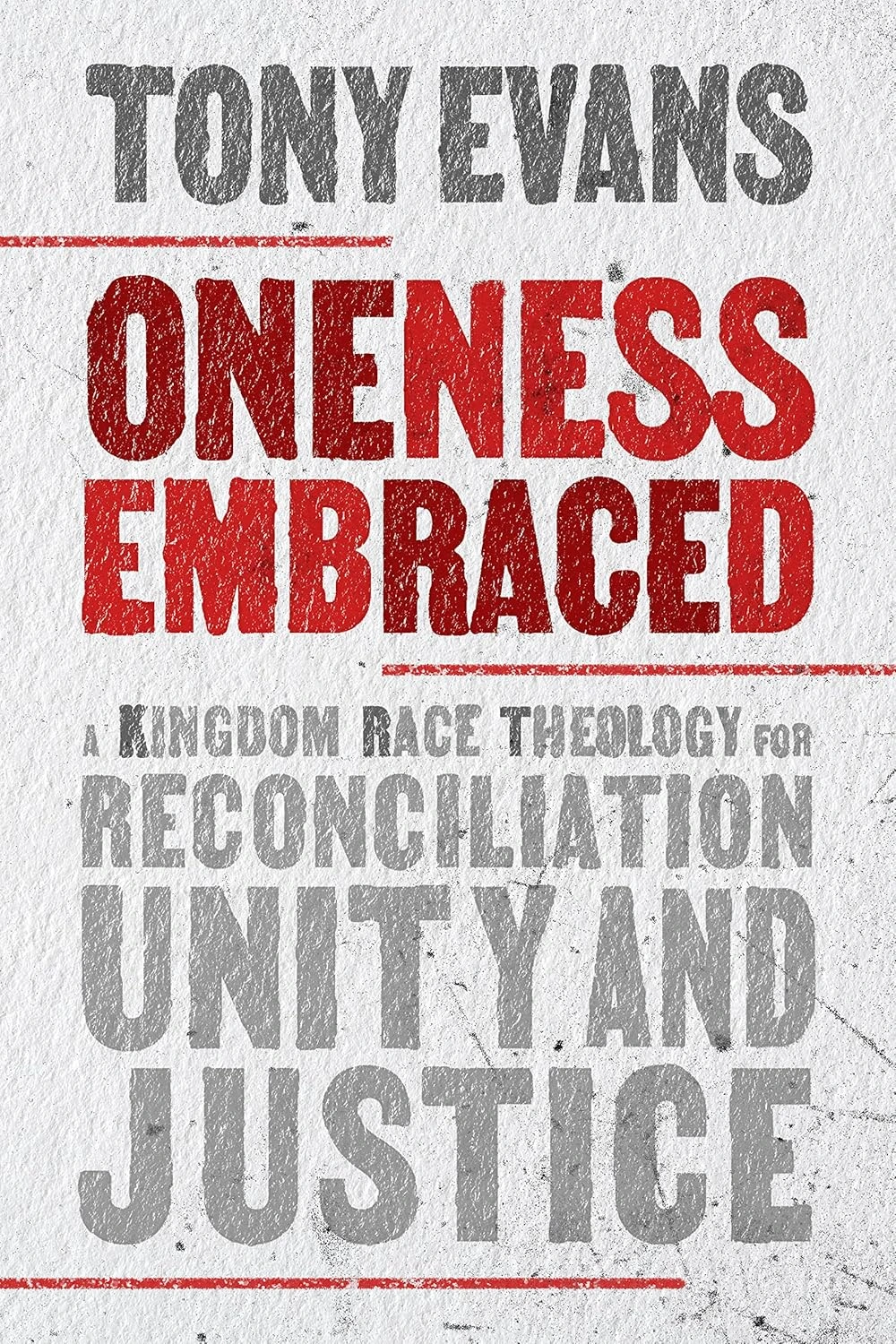
Oneness Embraced: A Kingdom Race Theology for Reconciliation, Unity, and Justice by Tony Evans
In this thoughtful exploration of race, justice and social change, Dr. Tony Evans outlines a vision for unity that resists both denial and division. He addresses historical realities while offering a hopeful roadmap forward — one based on shared moral and spiritual values. While grounded in theology, the book speaks to a broader longing for justice that honors both individual identity and common purpose. With clarity and conviction, Evans calls for leadership, empathy and a renewed commitment to equity, not through politics alone, but through transformed relationships and systems.
